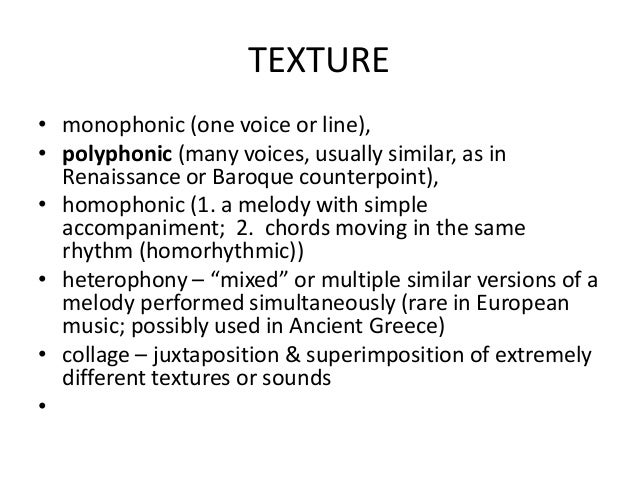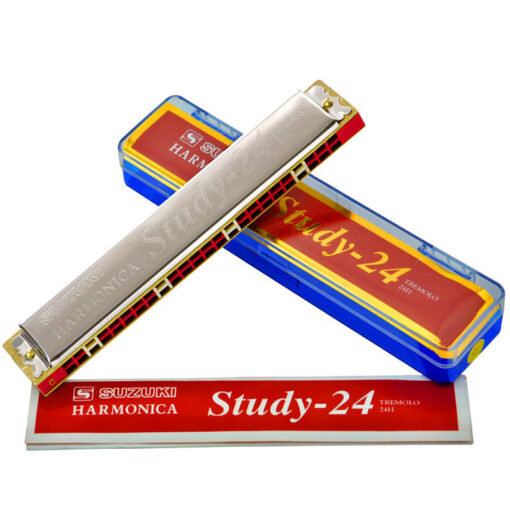

Most of the time it is pronounced as the third tone, “hǎo”, and it means “good” or “easy”, as in很好(very good) or好人 (a good person). This is one of the first characters that any beginner learning Chinese will encounter.
POLYPHONIC PRONUNCIATION FREE
Practice your pronuciation of these characters, and you will certainly impress others with how well you can use them in different situations and contexts! #1: 好 noun a rhythmically free prose employing poetic devices, such as assonance and alliteration Collins English Dictionary. In this article we will present 好 and nine other characters - 折 空 着 看 和 行 把 会 乐 - each of which can be pronounced in different ways, which can then change the meaning and usage of the character. This is why proper listening and pronunciation is so important in Mandarin.įor example, did you know that there are actually two ways to pronounce the character 好? You can say it using the third tone (hǎo), or the fourth tone (hào), and both ways have different meanings. The English equivalent is called a homograph, which are words that are spelled the same but are different in meaning and/or pronunciation.Depending on the context, a different pronunciation can alter the intended meaning of that Chinese character. For instance, the polyphonic character can be pronounced as hui4 and kuai4, and the correspond- ing pronunciations in mask vector would be assigned a value 1 while the other pronunciations in mask vector would be as- signed a value 0 respectively. These kinds of characters are called polyphones, or 多音字 in Chinese. Portuguese Pronunciation įrom Old Portuguese viola, from Old Occitan viola, from Medieval Latin vitula, from vitula, Roman goddess of joy and victory.While studying Mandarin, one feature of the language you have to remember is that you can have a specific character in mind, but you can also have several different ways of pronouncing it. Carpenterius, Adelungius and others, edited by Léopold Favre, 1883–1887)

second-person singular present active imperative of violō.Viola f ( genitive violae) first declension ( Ecclesiastical ) IPA ( key): /ˈvi.o.la/,.( Classical ) IPA ( key): /ˈu̯i.o.la/,.

Related to Ancient Greek ἴον ( íon, “ violet ” ) (from ϝίον). viola in – Vocabolario Treccani on line, Istituto dell'Enciclopedia Italiana.^ viola in Luciano Canepari, Dizionario di Pronuncia Italiana (DiPI).Verde acqua, acquamarina verde menta verde menta scuroĬiano, azzurro, celeste blu petrolio, foglia di tè third-person singular present indicative.Douglas Harper (2001–2022), “ violin”, in Online Etymology Dictionary.Įtymology 3 Pronunciation.Possibly from Old Occitan viola (modern Occitan viula), ultimately from Medieval Latin *vitula ( “ stringed instrument ” ), which could be related to the goddess Latin vitula. violet, purple ( color ) Synonym: violetto.viola, violet ( plant ) Synonym: violetta.



 0 kommentar(er)
0 kommentar(er)
